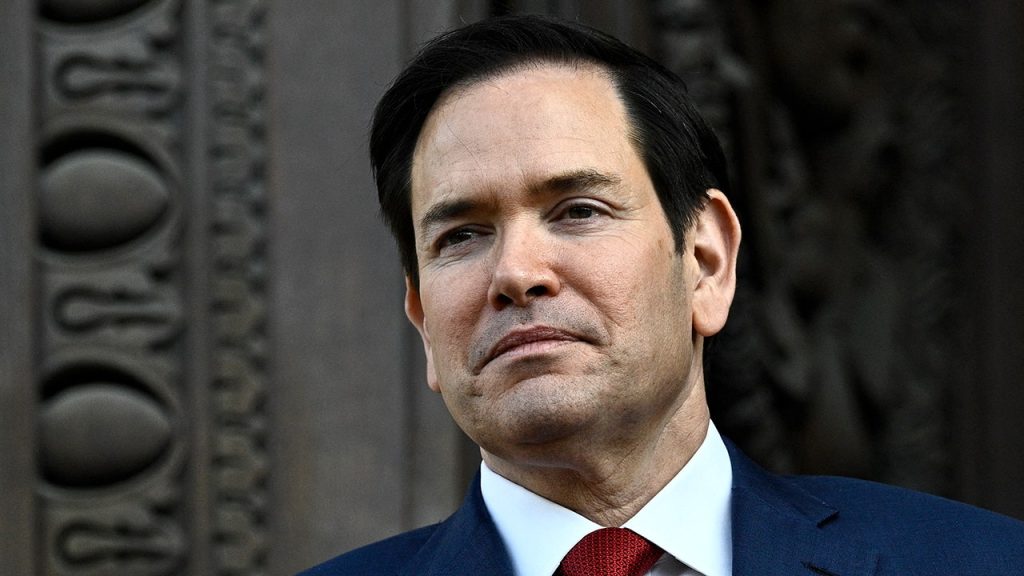House Democrats Call for Medical Visas for Gaza Children Amid Conflict
In a poignant appeal that highlights the intersection of humanitarian concern and national security considerations, over 140 House Democrats have formally requested that Secretary of State Marco Rubio reverse a recent decision to halt visitor visas for Gaza residents, including children needing emergency medical care. Their August 25 letter emphasizes that this visa pause could effectively deny critically injured children access to potentially life-saving treatment in American medical facilities. The lawmakers argue that such restrictions place vulnerable young victims caught in the crossfire of the Israel-Hamas conflict in an even more precarious position, when medical intervention could make the difference between life and death.
The Democratic representatives highlighted that Palestinians leaving Gaza for medical treatment already undergo comprehensive security screening by Israeli authorities. This existing process includes Israeli security clearance, identity verification, and assessments to determine whether individuals have connections to Hamas. The lawmakers’ letter suggests that this multi-layered vetting system should provide sufficient safeguards to allow humanitarian medical cases to proceed. Their appeal comes in direct response to the State Department’s August 16 announcement that it would temporarily stop issuing all visitor visas for Gaza residents while conducting what it described as “a full and thorough review” of the procedures used to grant temporary medical-humanitarian visas in recent days.
Secretary Rubio has defended the decision by citing concerns raised by congressional offices about organizations involved in securing these visas. According to Rubio’s statement on CBS News’ “Face the Nation,” some of these organizations allegedly have “strong links to terrorist groups like Hamas.” He also noted that visa applications weren’t exclusively for children but included “a bunch of adults” accompanying them. This explanation reveals the complex tension between humanitarian impulses to help innocent victims of conflict and legitimate security concerns about potential exploitation of visa pathways by bad actors, particularly in a region where terrorist organizations have significant influence.
The Democratic lawmakers’ letter points out that before the State Department’s suspension, several children from Gaza had successfully entered the United States to receive medical treatment “without incident.” This track record, they suggest, demonstrates that properly vetted medical cases can be safely admitted while maintaining national security. Beyond requesting an immediate reversal of the visa suspension, the letter asks Secretary Rubio to provide specific details about the national security concerns that prompted the change, a timeline for completing the department’s review process, and information about what safeguards are being considered to prevent disruption of emergency medical care programs in the future.
Particularly noteworthy is the lawmakers’ request that children from Gaza requiring emergency medical attention be granted exemptions from the pause while broader security reviews take place. This proposal attempts to strike a balance between addressing legitimate security concerns while maintaining America’s humanitarian commitments to innocent victims of conflict. The situation highlights the challenging moral and political questions that arise when national security policies intersect with humanitarian crises, especially those affecting vulnerable populations like children caught in war zones.
The ongoing situation embodies one of the most difficult challenges in foreign policy: balancing security imperatives with humanitarian obligations. As medical facilities in Gaza struggle under the weight of the conflict and limited resources, access to specialized care abroad becomes increasingly critical for children with complex injuries or illnesses. The lawmakers’ appeal asks fundamental questions about America’s role in global humanitarian response and how the nation can maintain its security while also upholding its values of compassion and assistance to those in desperate need. The outcome of this policy review may establish important precedents for how the United States navigates similar situations in future conflicts where civilian populations, especially children, bear the brunt of violence and deprivation.


